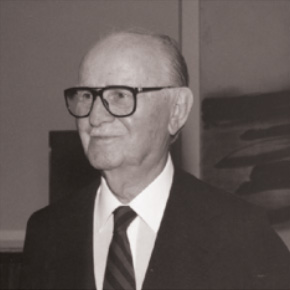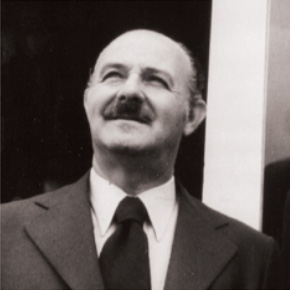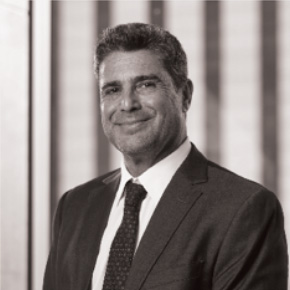Born in Kolki, Ukraine, in November of 1902, Leon Feffer immigrated to Brazil in 1920 with his mother, brother and two sisters. At the time the Brazilian economy was dependent on coffee and the industrial sector was still incipient—almost all industrialized products sold in Brazil came from abroad.
Leon saw this potential and established himself as a merchant in São Paulo, selling different types of goods – including paper. In the 1920s and 1930s, he consolidated his position in commerce and expanded his activities, opening a typography office and a small envelope factory, in addition to maintaining his own store. In 1939 Leon decided to sell everything, even the family home, to raise capital and assemble his own paper factory. The plant was installed in the Ipiranga neighborhood, and gave rise to the Suzano Group.
Leon Feffer also dedicated himself to various community activities, at institutions such as the Israel Cultural Center, Israelite Federation of the State of São Paulo, Hospital Albert Einstein and others. He was one of the founders of the Hebraica Athletics Association. From 1956 to 1981, he served as consul for Israel in São Paulo.
Starting in the 1970s, Leon Feffer oversaw the transition of the leadership of Suzano Group to his son Max, who conducted a lengthy and successful expansion into paper and cellulose, packaging and petrochemicals.
Leon Feffer passed away in 1999. In addition to leaving his mark on the history of the pulp and paper industry in Brazil, he was also an excellent example of an entrepreneur that combined business success with consistent social practices.


